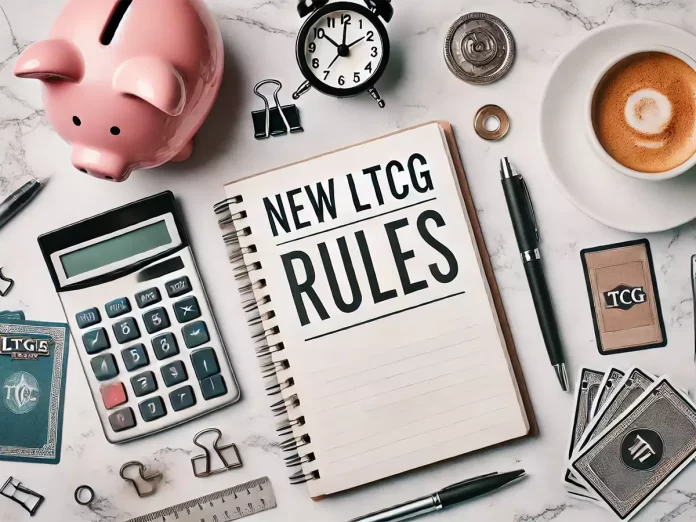These changes may influence investment decisions, particularly as NRIs reassess the potential returns on their Indian assets
The recent amendments to long-term capital gains (LTCG) tax laws in India have introduced significant changes, particularly affecting Non-Resident Indians (NRIs). The revisions, outlined in the Finance Bill of 2024, have adjusted the tax landscape for NRIs investing in unlisted shares and real estate, bringing both opportunities and challenges.
For property owners who acquired real estate before July 23, 2024, the government has reintroduced the option of choosing between two tax regimes. They can either opt for a lower tax rate without indexation or a higher rate with indexation. This flexibility provides some relief to those navigating the complexities of property transactions under the LTCG framework.
However, NRIs investing in unlisted shares face a less favorable scenario. The LTCG tax rate for unlisted shares has been increased from 10% to 12.5%, marking a 25% hike. This change is compounded by the removal of the foreign currency adjustment benefit, which was initially proposed in the Budget 2024.
While the reintroduction of indexation in real estate offers some flexibility, the hike in LTCG tax rates and the removal of foreign currency adjustment for unlisted shares present new challenges for NRIs
Previously, NRIs were not allowed to adjust their gains for foreign currency fluctuations, but the Budget had suggested a remedy by introducing this adjustment alongside the increased tax rate. The latest amendment, however, reverses this decision, leaving NRIs to bear the full brunt of currency depreciation without any offsetting benefits.
Experts have voiced concerns about the impact of these changes. According to Sameer Gupta, National Tax Leader at EY India, the removal of the foreign exchange fluctuation benefit means that NRIs will now face a higher tax liability, effectively eroding their returns from investments in unlisted shares. Vaibhav Gupta, Partner at Dhruva Advisors, also notes that while the tax rate now aligns NRIs with resident Indians, it may dampen the attractiveness of Indian investments for foreign investors.
To illustrate, consider an NRI who purchased 10,000 unlisted shares at Rs 20 each when the USD to INR exchange rate was 1:50. The total investment was Rs 2,00,000, or USD 4,000. After three years, the shares are sold at Rs 30 each, generating a total of Rs 3,00,000. Under the new 12.5% LTCG tax rate, the tax payable on the Rs 1,00,000 gain is Rs 12,500, compared to Rs 10,000 under the old 10% rate. This increased tax, along with currency conversion charges and potential depreciation, could significantly reduce the overall returns.
***********************************************************
Readers
These are extraordinary times. All of us have to rely on high-impact, trustworthy journalism. And this is especially true of the Indian Diaspora. Members of the Indian community overseas cannot be fed with inaccurate news.
Pravasi Samwad is a venture that has no shareholders. It is the result of an impassioned initiative of a handful of Indian journalists spread around the world. We have taken a small step forward with the pledge to provide news with accuracy, free from political and commercial influence. Our aim is to keep you, our readers, informed about developments at ‘home’ and across the world that affect you.
Please help us to keep our journalism independent and free.
In these difficult times, running a news website requires finances. While every contribution, big or small, will make a difference, we request our readers to put us in touch with advertisers worldwide. It will be a great help.
For more information: pravasisamwad00@gmail.com




